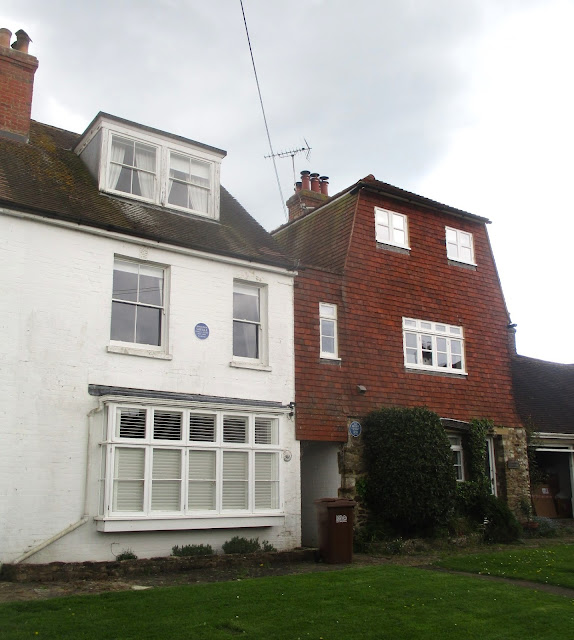Peter Chambers argues that Brexitland by Maria Sobolewska and Robert Ford provides a model that explains why Leave was able to win the referendum on Britain's membership of the European Union."All models are wrong, but some are useful" - George Box, statistician
Brexitland describes political processes leading up to the Brexit referendum of 2016 and since. Unlike most Brexit books, it is not a journalistic narrative. It is based on data from social surveys and analysis done by the authors, so is rigorous.
They propose a compact model of the changes in our society that led to Brexit, and explain why our political class missed what was going on.
The authors are clear what they omit. Economics, class, right/left and authoritarian/liberal are all held to be secondary to the factors that drove the shock.
The two proposed drivers are:
- the rise of mass higher education;
- mass immigration, leading to significant minority populations
To many of us who are politically involved today, it is difficult to imagine Britain in 1945. Then Britain was approximately 0 per cent minority, rather Christian and 3 per cent degree education. Most people left school at 15 and started work right away. Degrees were for clerics, professions and the upper classes.
The most recent census shows 20 per cent minorities (and rising), while the official Higher Education Initial Participation Rate (HEIPR) is around 50 per cent. It was 35 per cent in 2010 and 15 per cent in the 1980s.
The compact model in Brexitland is there are three broad viewpoints. Necessity identity liberals are the minorities who believe that majority should not discriminate against them (so 20 per cent of voters).
Conviction identity liberals are graduates and believe that discrimination is always wrong. They are modelled as the HEIPR fraction of the 80 per cent white voters. Other work has shown that higher education is the best predictor of voting Remain.
The third group is the identity conservatives, who are mostly non-graduates, older and non-metropolitan. They are ethnocentric - this is a belief that there is an in-group (us) and an out-group (them) - though this is not always about ethnic origin.
Member of this group tend to disengage from mainstream politics. Their drive is to protect the in-group from perceived threats from the out-group. When scarcity looms, the in-group has first call on resources, with the out-group being served later. Inequality is seen as legitimate.
The identity conservatives have been targeted by right-wing populists in the UK, as the AfD has done in Germany. There is value in persistent engagement with many ordinary people, as our community politics work showed back when we used to practise that. It may be worth reinvesting in participatory democracy.
As time passes, the fraction of graduates in society tends to the 50 per cent that Tony Blair wanted and a service-based economy needs. This means that a modelled end-state is 20 per cent necessity identity liberals, 40 per cent conviction identity liberals and 40 per cent identity conservatives.
The tipping point between a majority of identity conservatives and identity liberals was reached in the 2010s. During that decade voting patterns were indeed a "50-50 deal": someone feels under siege.
The linkage between ethnocentrism and the EU is partly an artefact of culture around the Conservative Party, and partly of the failure of attempts to reduce headline immigration rates because of Freedom of Movement. Indeed, unrestricted immigration from the "Accession 8" states during the New Labour era caused the issue to become salient for a time. This was unintended.
Once all this was in place, there was a narrow window when identity conservatives could be activated for a one-time campaign against Freedom of Movement and the European Union.
Peter Chambers is a Lib Dem member from Hampshire.



























